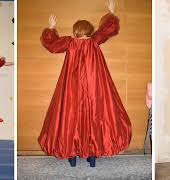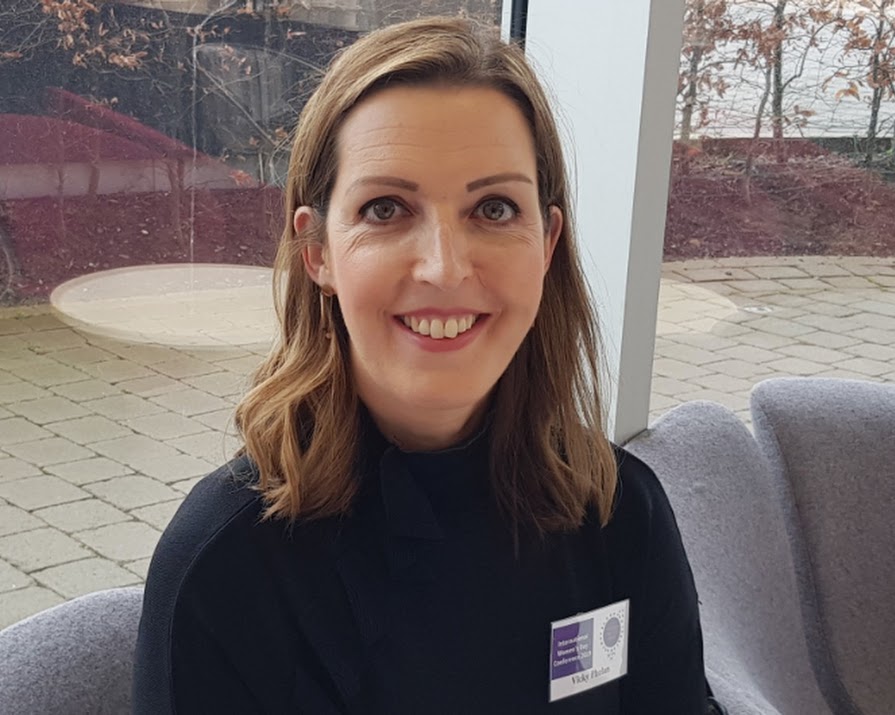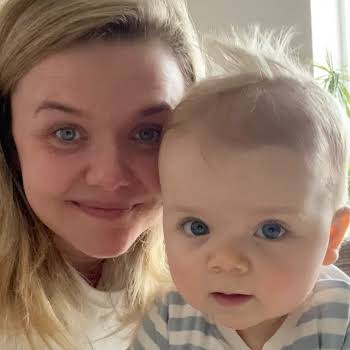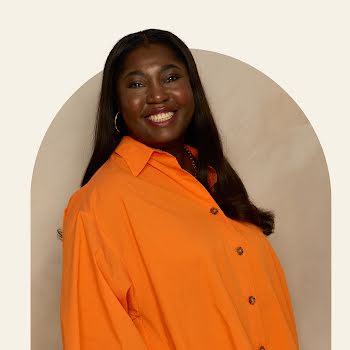
By Edaein OConnell
04th Aug 2020
04th Aug 2020
Vicky Phelan has spoken about her experience with post-natal depression in a new interview with the Irish Times
Author and women’s health advocate Vicky Phelan has opened up about her experience with post-natal depression in a new interview with the Irish Times.
Her first experience came after the birth of her daughter Amelia who is now 15. At 28 weeks pregnant a scan revealed something was wrong with the baby. Subsequently, this was found to be congenital toxoplasmosis.
Speaking to Jen Hogan she said: “They couldn’t tell us whether she’d be blind or brain-damaged. It was a horrible pregnancy. And then for the first two years of her life we were up and down to Crumlin every six weeks, in and out to the local hospital three times a week, injecting her three days a week, medication three times a day.”
She continued, “I got terrible postnatal depression after I had her. That put me off for years. I nearly didn’t have Daragh, to be honest. It was my mother who convinced me to go again the second time. I’m glad she convinced me.”
Phelan took up running after Amelia’s birth and joined a support group saying, “I found a post-natal support group online which was fantastic for me at the time.”
Struggles
While she didn’t face the same difficulties in the second pregnancy, she once again suffered from post-natal depression after the birth but told very few people about her struggles.
“I didn’t talk about it publicly. My mother knew, my sister knew, but that was it. You feel ashamed. You go through the stuff in your head – ‘what’s wrong with me, I’ve a perfectly healthy baby here’ particularly when Darragh came along. I should be feeling happy – snap out of it.”
Vicky told the newspaper that it deeply affected how she felt as a mother. “Before I had cancer I always felt guilty, for lots of reasons. One of the reasons particularly was postnatal depression. I had nearly two years of it on Amelia, and with Darragh a year and a half. That’s three and a half years of postnatal depression with two kids. During a lot of that period I hated being a mother.”
Postnatal depression occurs in 10 to 15% of women within the first year of giving birth. It can have a broad range of symptoms and they can vary in severity.
Visit the HSE website for more information and visit your GP if you have concerns.
Read more: Face masks for kids: 4 Irish-made options to cover up
Read more: This comic strip perfectly explains what a woman’s invisible workload is
Read more: WATCH: this must-see video shows just how much pressure women are under every day






















